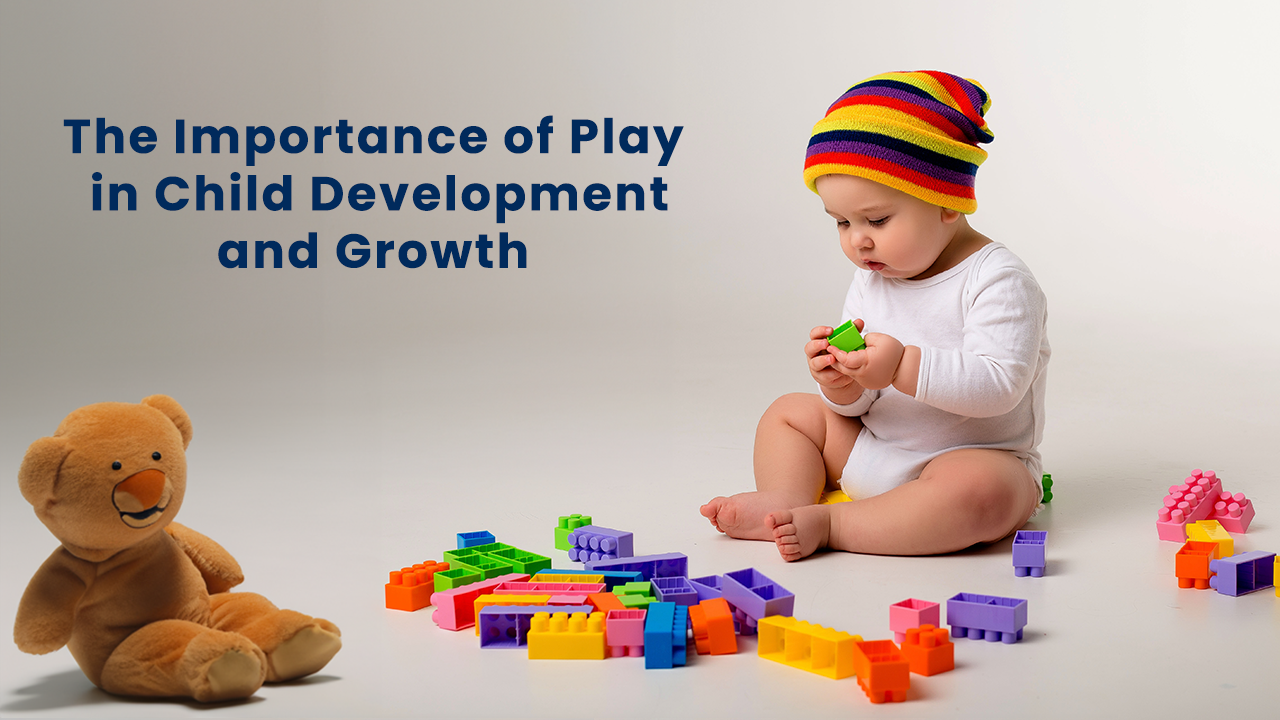
- Critical Tips for Growing a Home-based Childcare Center
- 1. Creating a Safe and Stimulating Environment:
- 2. Complying with Licensing and Regulations:
- 3. Developing a Curriculum That Fosters Learning:
- 4. Building Positive Relationships with Parents:
- 5. Implementing Effective Health and Safety Protocols:
- 6. Balancing work and personal life:
- 7. Marketing Your Home-Based Childcare Center:
- The Benefits of Growing a Home-based Childcare Center
- Conclusion:
Embarking on establishing a home-based childcare center is a fulfilling and rewarding venture. Providing a nurturing environment for young minds requires careful planning, dedication, and a genuine passion for early childhood development. This blog provides tips for growing a home-based childcare center and explores the key steps and considerations involved in growing a thriving home-based childcare center, from setting up a safe and stimulating space to creating enriching activities that promote learning and growth.
Critical Tips for Growing a Home-based Childcare Center
1. Creating a Safe and Stimulating Environment:
One of the main tips for growing a home-based childcare center is to establish a secure and inviting space for your home-based childcare center. This section delves into practical tips for childproofing, designing age-appropriate play areas, and ensuring safety measures are in place. Caregivers can lay the groundwork for a positive and enriching childcare experience by creating an environment that fosters exploration and creativity.
2. Complying with Licensing and Regulations:
Navigating the regulatory landscape is crucial for the success and legality of a home-based childcare center. This section provides insights into obtaining the necessary licenses, adhering to safety standards, and understanding local regulations. A comprehensive understanding of legal requirements ensures a smooth and compliant operation, instilling confidence in parents and building a solid foundation for the center’s growth.
3. Developing a Curriculum That Fosters Learning:
An effective curriculum is essential for promoting cognitive, social, and emotional development in young children. Explore methods of age-appropriate lesson planning, incorporating play-based learning, and fostering a love for exploration. A well-structured curriculum engages children and contributes to their holistic development.
4. Building Positive Relationships with Parents:
Communication and collaboration with parents play a pivotal role in the success of a home-based childcare center. This section provides strategies for maintaining open lines of communication, organizing parent-teacher meetings, and creating a supportive community. Building strong relationships with parents establishes trust and ensures a collaborative approach to each child’s development.
5. Implementing Effective Health and Safety Protocols:
Prioritizing the health and safety of children is non-negotiable in a childcare setting. This section explores best practices for hygiene, illness prevention, and emergency preparedness. A robust health and safety framework not only safeguards the well-being of children but also reassures parents that their children are in a secure and nurturing environment.
6. Balancing work and personal life:
Running a home-based childcare center often blurs the lines between personal and professional life. This section offers insights into maintaining a healthy work-life balance, establishing boundaries, and managing caregiver well-being. Cultivating a balance between professional responsibilities and personal life is crucial for sustaining the long-term success of the childcare center.
7. Marketing Your Home-Based Childcare Center:
Effectively marketing a home-based childcare center is essential for attracting families and establishing a positive reputation in the community. Explore strategies for creating a solid online presence, leveraging word-of-mouth referrals, and showcasing the unique qualities of the center. A well-executed marketing plan ensures steady enrollment inquiries and sets the stage for growth. Learn more about digital marketing for daycare businesses.
The Benefits of Growing a Home-based Childcare Center
Growing a home-based childcare center offers a range of benefits that extend beyond the professional realm, influencing both the caregivers and the families involved. Here are several advantages of expanding a home-based childcare center:
Personalized Care:
The intimate setting of a home-based childcare center allows for personalized and individualized care for each child. Caregivers can tailor activities and learning experiences to meet the unique needs and interests of the children in their care.
Flexibility for Caregivers:
Operating a home-based childcare center provides caregivers with greater flexibility in setting schedules and routines. This flexibility allows for a better work-life balance, accommodating caregivers’ personal needs and commitments.
Close-Knit Community:
The smaller scale of a home-based childcare center fosters a close-knit community environment. This sense of community often builds stronger relationships between caregivers, children, and parents, creating a supportive network.
Lower overhead costs:
Home-based childcare centers typically have lower overhead costs than more extensive childcare facilities. This can contribute to a more sustainable business model, allowing caregivers to allocate resources more efficiently.
Increased Comfort for Children:
A home-based childcare center’s familiar and homely environment promotes a sense of security and comfort for children. This atmosphere can ease the transition for young ones, leading to a more positive childcare experience.
Better Adult-to-Child Ratios:
Caregivers can maintain lower adult-to-child ratios with fewer children in a home-based setting. This ensures that each child receives more individualized attention, fosters stronger connections, and promotes a safer environment.
Enhanced Communication with Parents:
The proximity of a home-based childcare center facilitates more frequent and direct communication between caregivers and parents. This transparent communication lets parents stay well-informed about their child’s daily activities, development, and needs.
Customized learning experiences:
Caregivers in home-based settings can create customized learning experiences that align with each child’s unique interests and developmental stages. This tailored approach contributes to a more effective and engaging educational experience.
Increased Trust and Transparency:
The home setting often instills greater trust and transparency among parents. They can witness firsthand the care and attention provided to their children, fostering a strong bond of trust between caregivers and families.
Community Impact:
Home-based childcare centers can impact the local community by providing accessible and quality childcare services. This benefits families needing childcare and contributes to the community’s well-being and development.
Personal and professional growth:
Growing a home-based childcare center offers caregivers opportunities for personal and professional growth. As the center expands, caregivers may develop new skills, engage with a more diverse group of children, and deepen their understanding of early childhood education. Learn about the top management tips for daycare owners.
Conclusion:
Growing a home-based childcare center requires dedication, careful planning, and a commitment to providing quality care for young children. Following the comprehensive guide outlined above, caregivers can navigate the intricacies of establishing and expanding their childcare center, creating a nurturing space where little minds can flourish and families feel confident in their children’s care and education.


